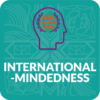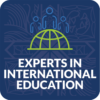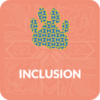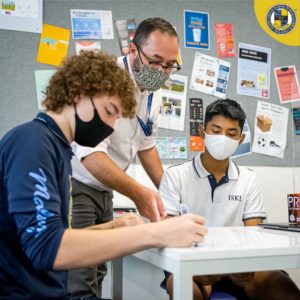 Recently, schools around the world celebrated Inclusive Schools Week, an annual event to spotlight the progress schools are making in providing supportive and quality education for all learners. This year’s theme, Building our Inclusive Community Together was a reminder of the role each of us plays in creating an inclusive school community. Throughout the week, in class discussions, books, videos, and art projects were used to help ISKL students explore what makes each of us unique and to reinforce the message that every person deserves to be loved, accepted, and respected.
Recently, schools around the world celebrated Inclusive Schools Week, an annual event to spotlight the progress schools are making in providing supportive and quality education for all learners. This year’s theme, Building our Inclusive Community Together was a reminder of the role each of us plays in creating an inclusive school community. Throughout the week, in class discussions, books, videos, and art projects were used to help ISKL students explore what makes each of us unique and to reinforce the message that every person deserves to be loved, accepted, and respected.
While this special week provides a wonderful opportunity to celebrate and reflect on the diversity present in ourselves, each other, and our school community, true inclusion isn’t, of course, built in a day, a week, or thought of as a one-off program. It is an ongoing journey supported by intentional inclusive practices that are embedded into instructional practices to create an inclusive and equitable education system and experience for everyone.
At ISKL, high-quality instruction for ALL learners means that our teachers know the needs of each student in their classroom and design lessons that remove barriers and make the learning accessible for all. The focus is on meeting the individual needs of each student and is achieved through four key inclusive practices that are embedded into the school’s teaching practices:
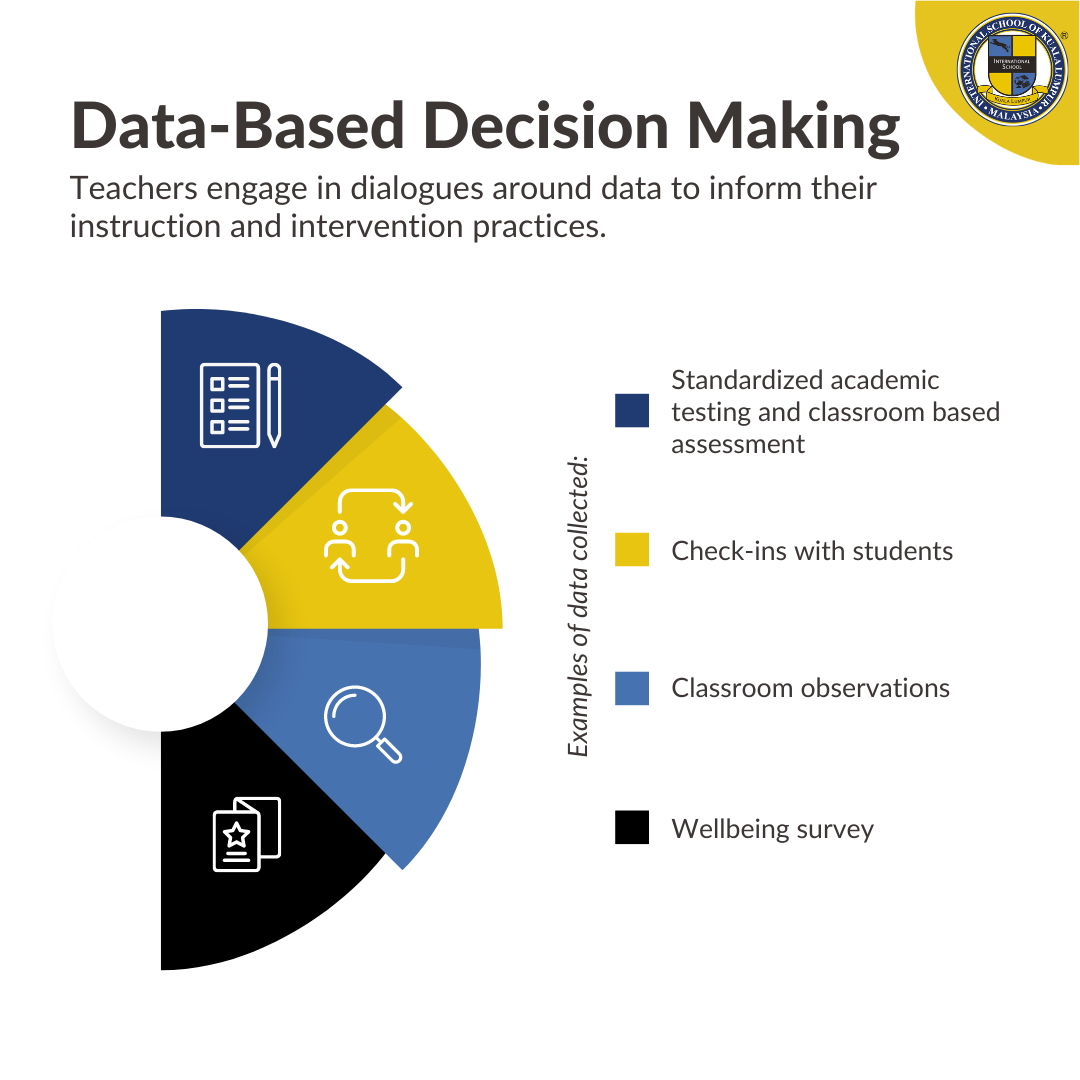 Data-Based Decision Making
Data-Based Decision Making
- Teachers actively learn about the needs and identities of the students in their classrooms and work together with counselors, English as an Additional Language, and Learning Resource specialists to personalize instruction.
- Quantitative and qualitative data collected from standardized academic testing, classroom-based assessment, anecdotal evidence (via check-ins with students, classroom observations), and well-being surveys, are used to inform instruction and develop intervention practices as needed.
- While curriculum objectives remain the same for all students, their individual narratives and identities drive the approach, resources, and activities implemented by teachers.
- Multi-Tiered Systems of Support (MTSS)
- ISKL uses the evidence-based MTSS model to deliver student support which includes universal screening, progress monitoring, and a multi-tiered prevention system that is responsive to emerging student needs.
- This approach supports the student’s academic, behavioral, and social-emotional growth and enables us to personalize learning and ensure every student is actively engaged in their learning.
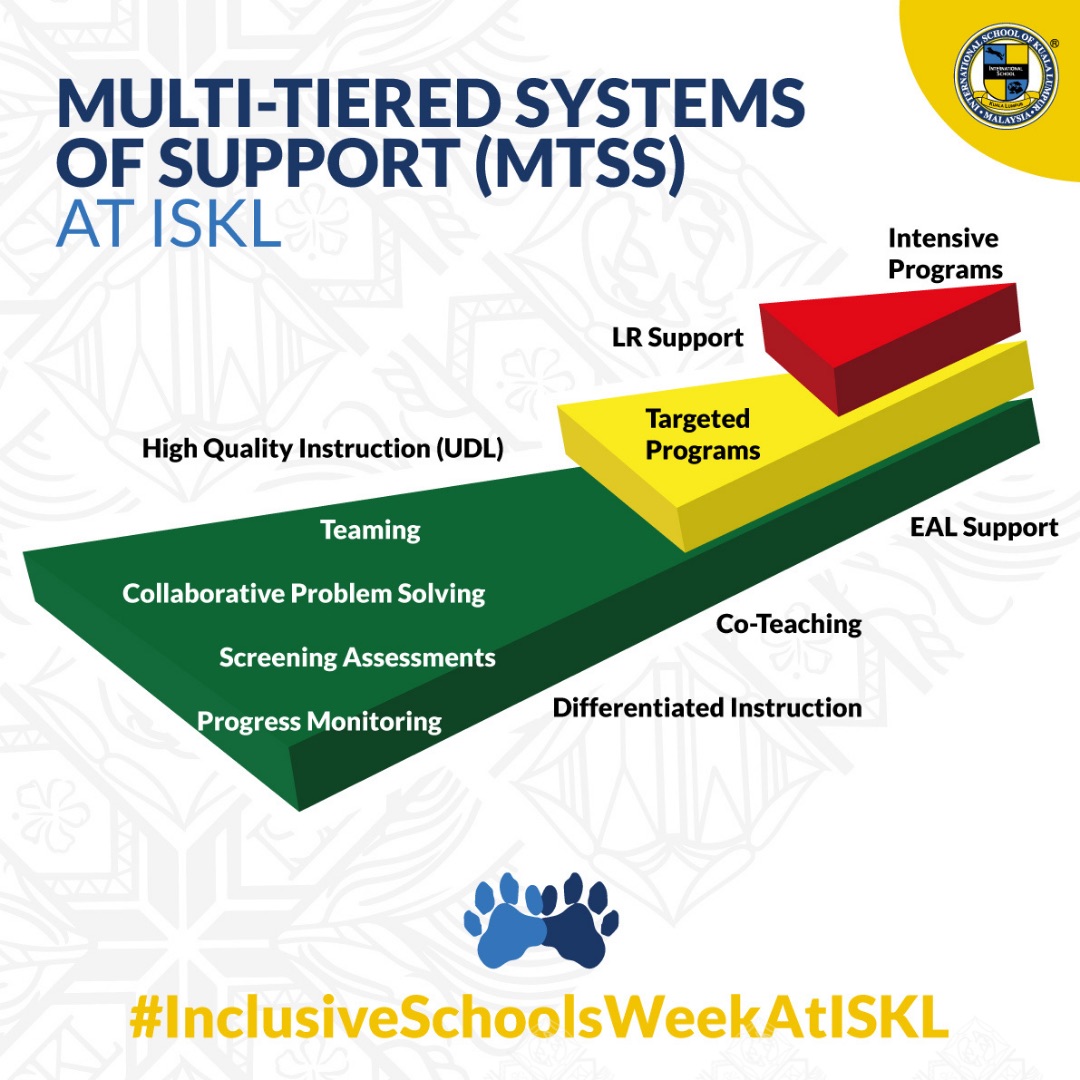 Universal Design for Learning
Universal Design for Learning
- ISKL uses the Universal Design for Learning (a framework built on decades of research in neuroscience) to guide the design of instructional goals, assessments, methods, and materials so that they can be customized and adjusted to meet individual needs.
- Embedding strategies into lessons, for example providing intentional academic English vocabulary instruction, chunking assignments, regular social-emotional check-ins, brain breaks, and choice in modes of presentation, benefits all learners in the class.
- Co-Planning, Co-Teaching, Co-Assessing, and Co-Reflecting
- Teachers, specialists, and counselors meet regularly to plan lessons and discuss the strengths, interests, and needs of students.
- This collaborative approach ensures a holistic view of each student across all aspects of school life.
At ISKL inclusion is a value at the heart of all we do, staff and faculty continually engage in learning about global best practices and work to refine what we do based on current research. All our educators work together to provide programming and support designed to enable every student to succeed and find their passion. This approach is part of the ongoing journey of creating a school where everyone can be their full authentic selves and we all gain from the diverse perspectives and identities of our community.
